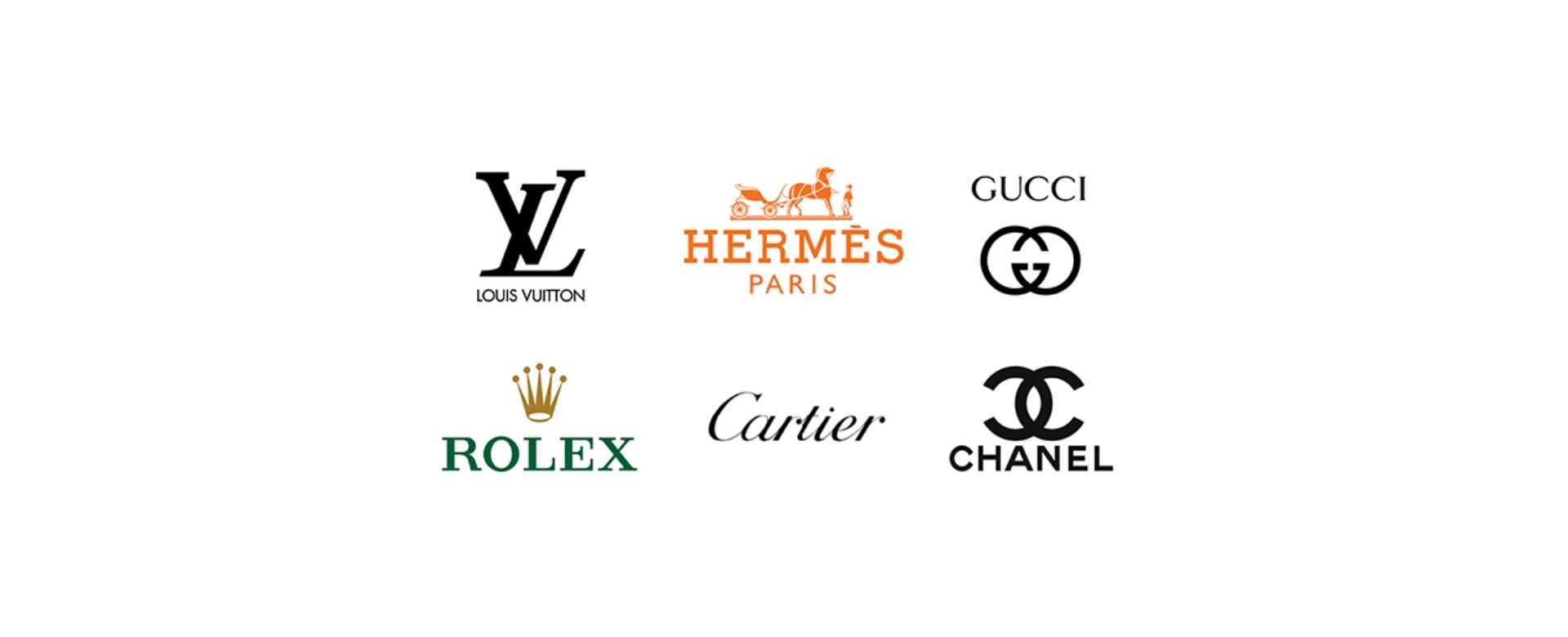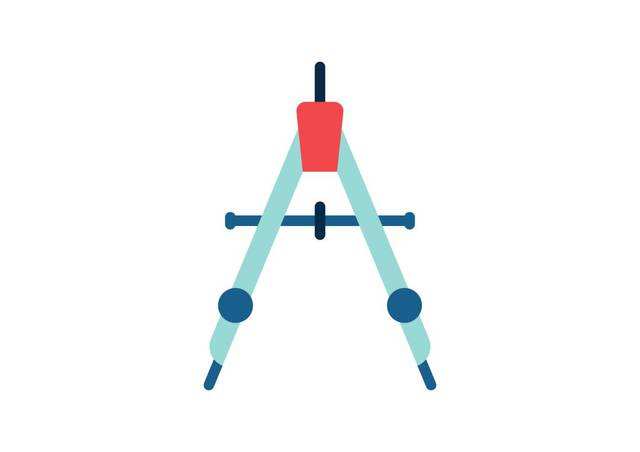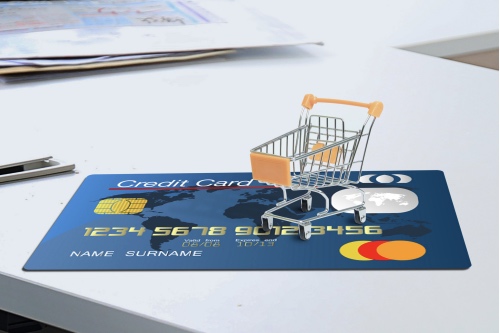Advertisement
Investment Boom
Despite continued questions about the ethics of BNPL, many investors are eager to gain a foothold in this fast-growing segment of the market, and the total amount of BNPL corporate financing in the global market is increasing year by year.

The average deal size in 2020 was $113m, compared to just $26m in 2018. This boom is linked to BNPL’s growing popularity, especially in Europe.
By 2025, BNPL volumes in Europe are predicted to hit $357bn, constituting nearly half of the entire global estimate, and 30% of all estimated ecommerce spend. Already in the UK, £4 in £100 in the UK is spent using BNPL, proving especially popular among millennials and Gen Z and soaring further during lockdown.
The benefit for BNPL providers is they take an average cut of 3% of the entire transaction base. This has given way to a pretty resilient business model. These startups’ merchant base constitutes an attractive asset.
Advertisement
Recently, Spanish BNPL player Pagantis was recently acquired by fintech company Clearpay as part of its expansion strategy. In addition, the stock markets also seem to be optimistic about the future of the BNPL sector, with many BNPL companies trading at many multiples their revenues.
Fierce Competition
Nonetheless, it’s worth remembering that Europe’s BNPL newcomers also face competitive pressure from traditional big players. Among them are PayPal, Amazon and American Express, who all recently launched 0% installment payment options.
In addition, Australian fintech firms like Zip, Laybuy and Afterpay (owner of Clearpay) have unveiled plans to spread into continental Europe. They could undercut startups like Twisto, who so far have enjoyed a near-monopoly in their native countries.
What’s more, many startups rely on only a few large customers, which puts them at a particular disadvantage when they face competition. Affirm, for example, gets 28% of its revenue from the fitness equipment company Peloton.
Advertisement
- Previous article
- The 2021 Liftoff Mobile Ad Creative Index Report: New IDFA Rules May Prompt Ad Creative to Be Android’s for the Taking
- Next article
- How Could Fall Guys Continue Its Success after Selling More than 11 Million Copies on Steam?
Advertisement
OTHER NEWS

Follow-up: Facebook Was Hacked
BY Kathryn

The 15 Most Popular Luxury Brands Online
BY Philip

Archaeological Discovery: Syphilis Existed in Europe Before Columbus
BY Jeffrey

The Nationwide Shortage of Coins is the Latest Consequence of the COVID-19 Pandemic in the United States
BY Ashley

A Black Friday With Booming Online Sales
BY Hughes

Vaughan Jones, The Geat Mathematician, Has Died
BY Frank
RECENT NEWS
-

PUBG Mobile Esports Generated 200 Million Hours of Viewing in 2020
-

Mario Kart Tour Races to $200M revenue and 200M Downloads
-

Game Acquisitions Expand Globally in Q1 2021 with 280 Deals Worth $39 Billion Surpassing That in 2020
-

Free Fire Shows Strong Momentum, with Its Revenue Overtaking PUBG Mobile in a Single Market for Q1 2021
-

The Games Fund Launched a $50 Million Early Investment Fund to Invest in American and European Companies
-

How to Download and Install Wyze App for Free?

 1
1 1
1